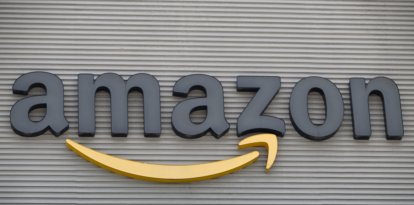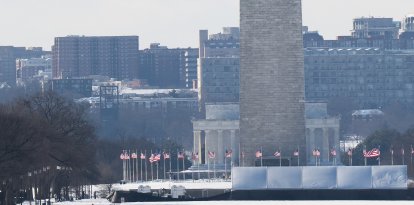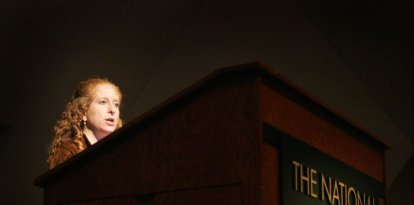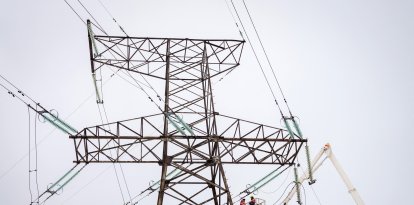Supreme Court rules that major technology companies were not responsible in two terror attacks
It ruled on two lawsuits against Google, Twitter and Facebook filed by the families of the victims from the terrorist attacks in Istanbul and Paris.

Fachada oeste de la Corte Suprema
Justice ruled in favor of large technology companies such as Google or Twitter after the families of two victims of two terror attacks in Istanbul, Turkey, in 2017 and Paris, France, in 2015 filed two lawsuits against the companies trying to hold them responsible for the Islamic State (ISIS) attacks. The Supreme Court ruled that the fact that the terrorist organization posted content online is not a reason to incriminate them.
The judge in the case, Clarence Thomas, ruled that he could not hold the companies liable because the plaintiffs did not provide sufficient evidence:
Justice Thomas added that "by their very nature, the concepts of aiding and abetting and substantial assistance do not lend themselves to crisp, bright-line distinctions." He went on to say "The purpose of complicity is to impose liability on those who knowingly participated in the crime in question."
The technology companies' defense relied on Section 230 of the Communications Decency Act, which grants these companies some immunity from certain criminal and civil lawsuits. It found that the companies were not publishers of third-party content, but merely provided a platform on which those third parties could post their content.

























